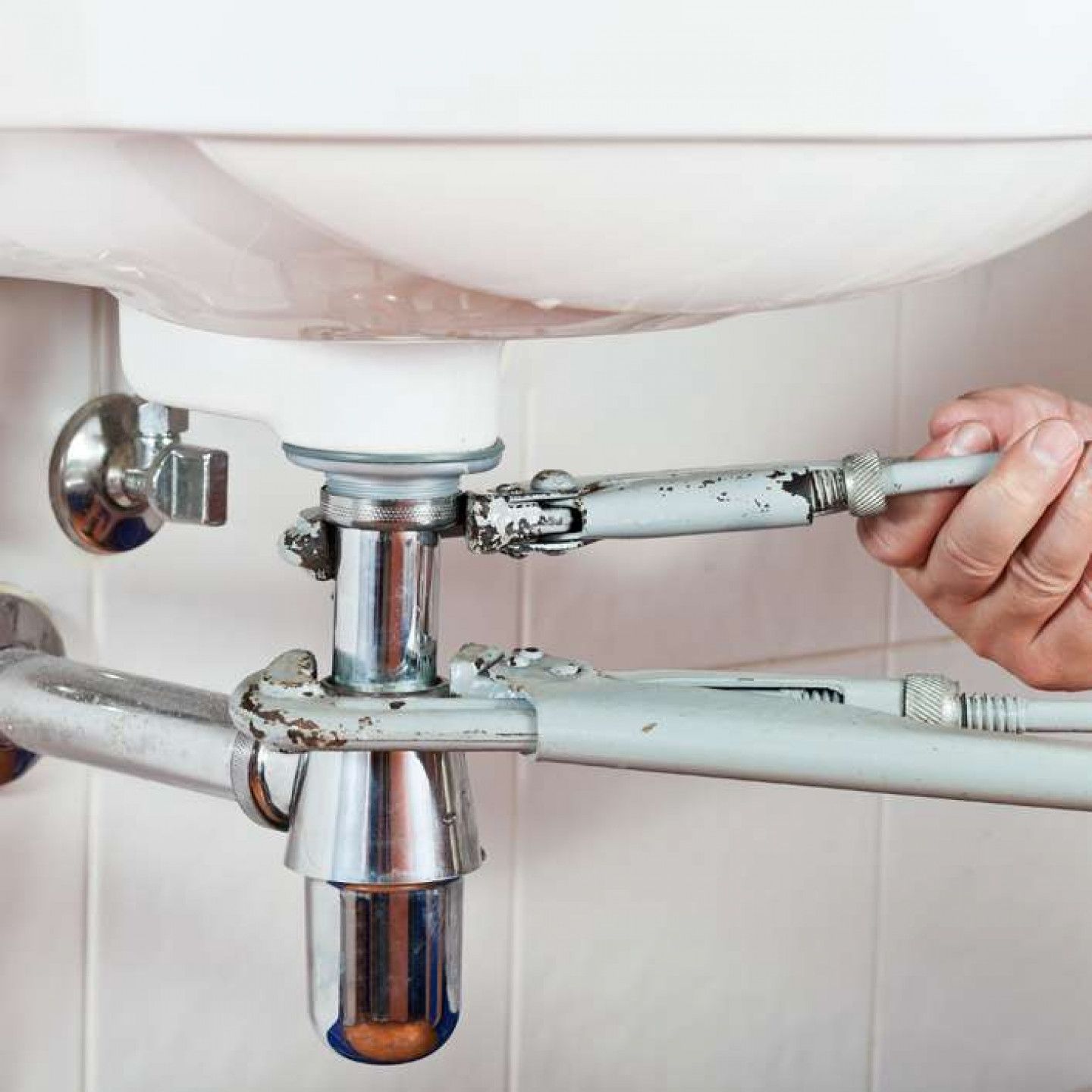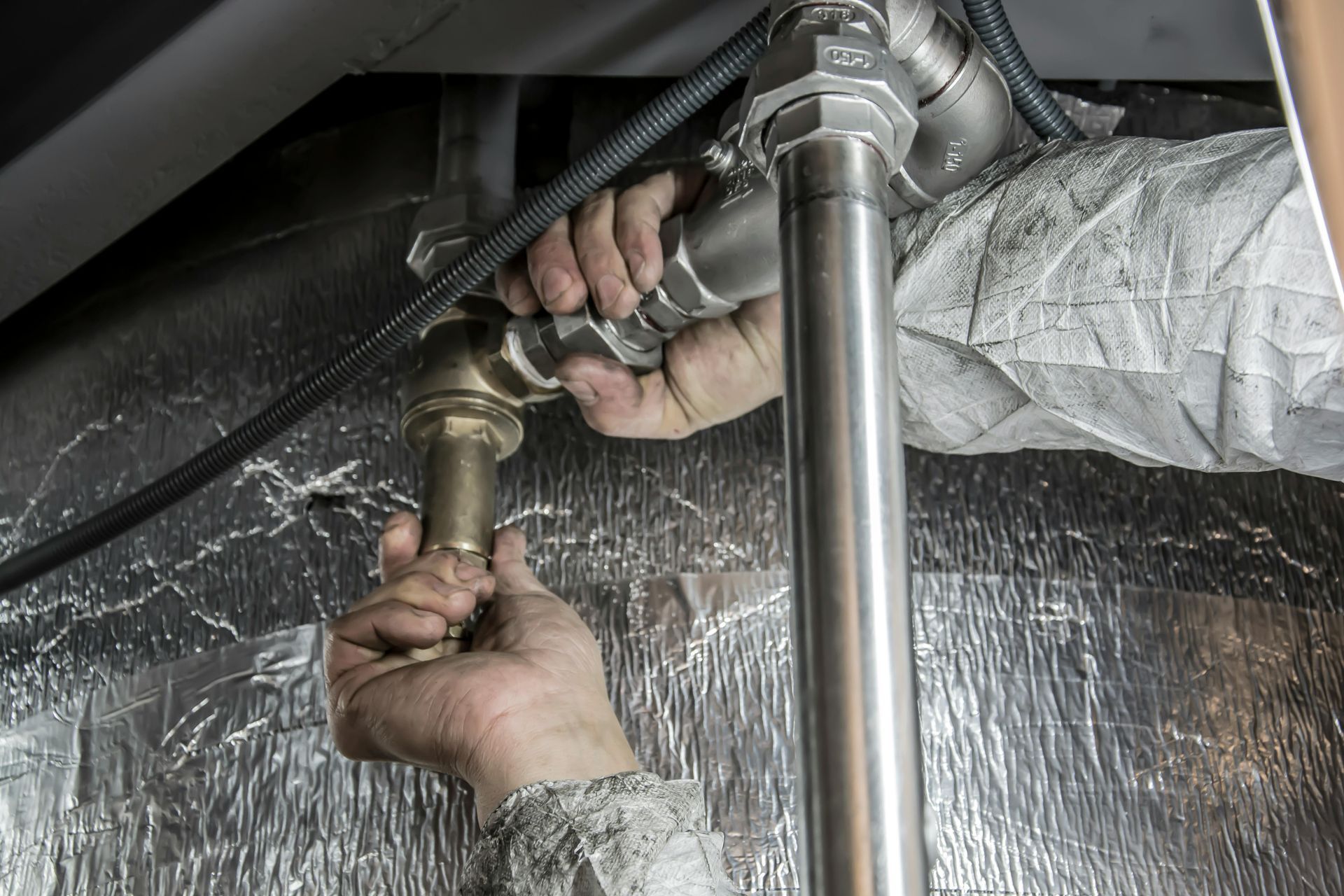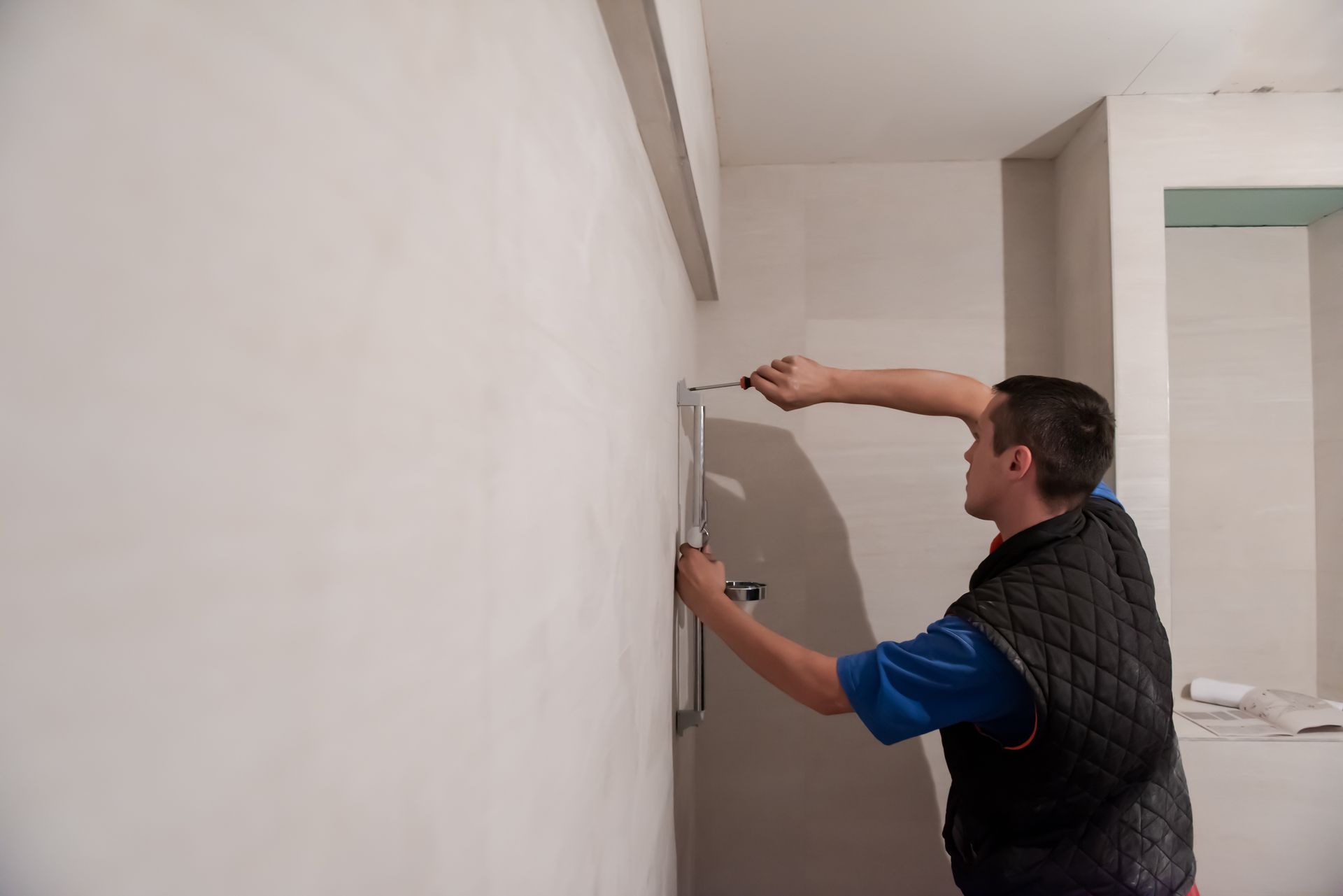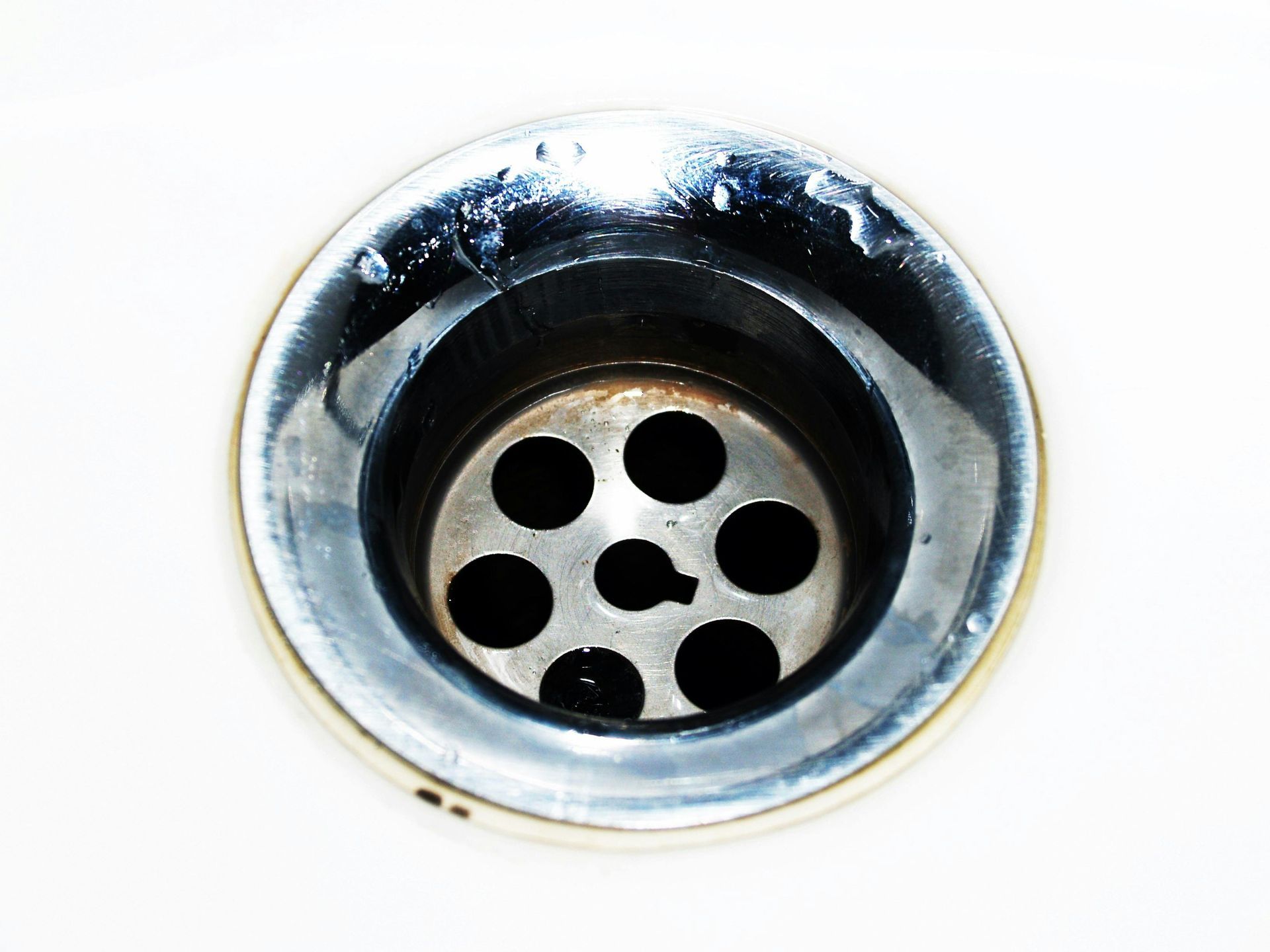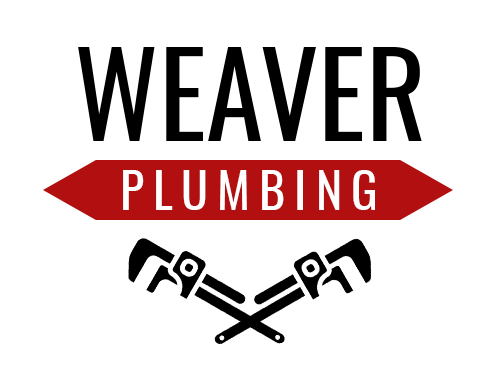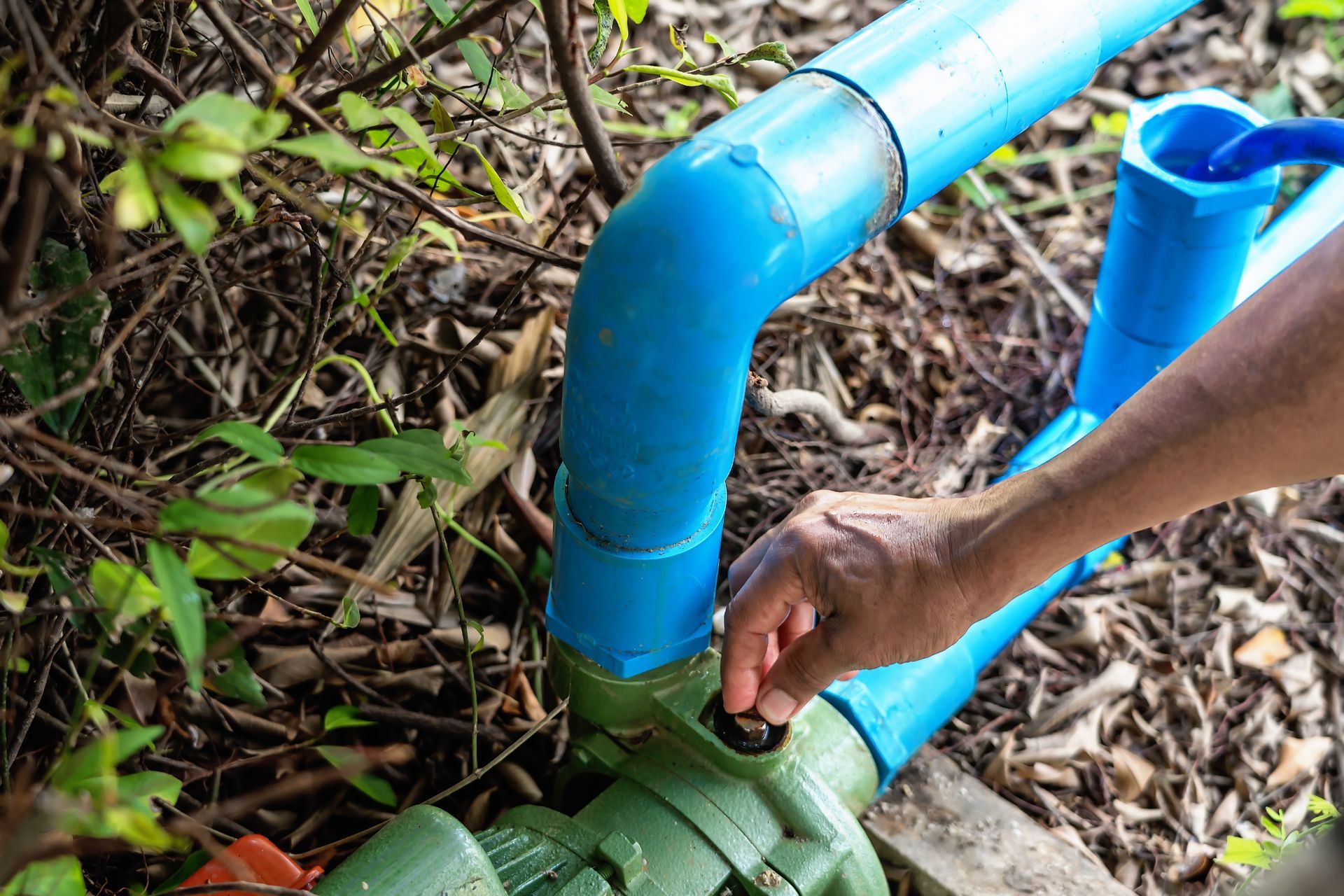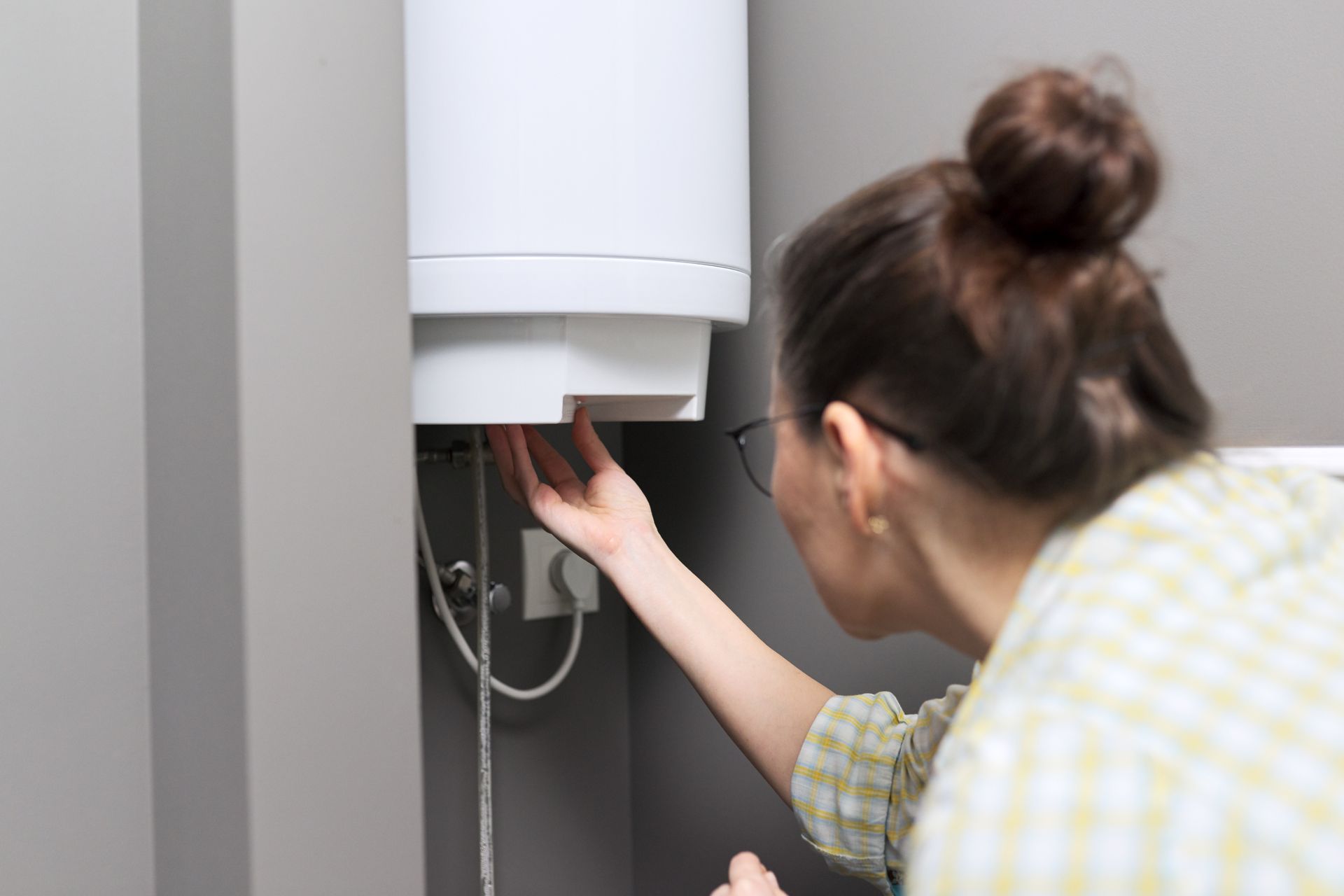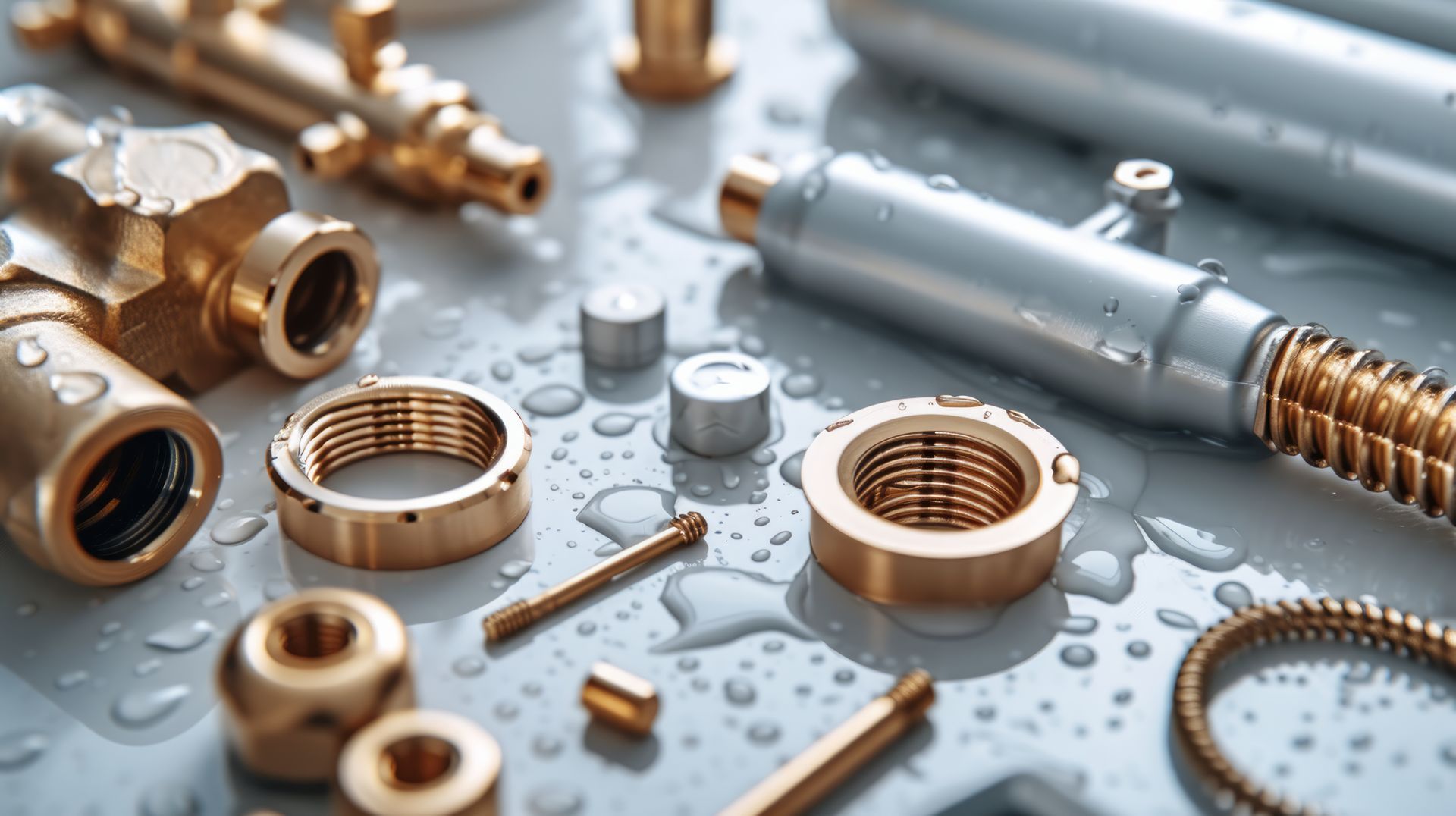Choosing the Right Water Filter for Your Home in Calhoun, GA: A Comprehensive Guide

Slide title
Write your caption hereButton
In Calhoun, GA, where the quality of water can vary from household to household, having a reliable water filtration system is essential. Whether you’re concerned about contaminants, hard water, or simply want to improve the taste of your drinking water, choosing the right water filter is a crucial decision.
Weaver Plumbing, your trusted local plumbing service in Calhoun, GA, is here to help you navigate the process. This guide will walk you through the key factors to consider when selecting a water filter for your home, ensuring that you make an informed decision that meets your specific needs.
Understanding Your Water Quality
Knowing the quality of your water is crucial before selecting a water filter. A water test will reveal the specific contaminants in your water supply. In Calhoun, GA, water can come from various sources, including municipal systems, wells, or private water supplies. Each source can have different contaminants that may affect your water quality.
Common Contaminants in Calhoun, GA
- Hard Water: Many homes in Calhoun experience hard water, which is high in minerals like calcium and magnesium. Hard water can damage pipes and appliances by creating mineral deposits that reduce efficiency and shorten their lifespan.
- Chlorine: Municipal water is often treated with chlorine to kill bacteria, but it can leave an unpleasant taste and odor in your water.
- Sediment: If your water comes from a well, it may contain sediment like sand, dirt, and rust, which can make your water look and taste unclean.
- Bacteria and Viruses: Untreated water sources can harbor harmful bacteria and viruses, posing a risk to your health.
Once you have a clear understanding of your water's quality, you can choose a filtration system that targets the specific contaminants in your water.
Types of Water Filters: Which One is Right for You?
There are various types of water filters available on the market, each designed to address different water quality issues. Understanding the different types can help you choose the right filter for your home.
1. Activated Carbon Filters
Activated carbon filters are one of the most common types of water filters. They are highly effective at removing chlorine, sediment, and volatile organic compounds (VOCs) from your water. These filters work by trapping contaminants in the pores of activated carbon, improving the taste and smell of your water.
Best For: Removing chlorine, bad taste, odors, and some organic contaminants.
Considerations: Activated carbon filters may need to be replaced frequently, depending on the level of contaminants in your water.
2. Reverse Osmosis Systems
Reverse osmosis (RO) systems are highly effective at removing a wide range of contaminants, including heavy metals, fluoride, nitrates, and more. RO systems work by forcing water through a semi-permeable membrane, which filters out contaminants at a molecular level.
Best For: Households looking for comprehensive filtration that removes most contaminants.
Considerations: RO systems can be expensive to install and maintain. They also produce wastewater, which may not be ideal for water-conscious households.
3. Ultraviolet (UV) Filters
UV filters use ultraviolet light to kill bacteria, viruses, and other microorganisms in your water. This type of filter is often used in conjunction with other filtration systems to ensure that the water is both clean and safe.
Best For: Households with concerns about biological contaminants, such as bacteria and viruses.
Considerations: UV filters do not remove chemical contaminants or sediment, so they are often used as a secondary form of filtration.
4. Water Softeners
Water softeners are specifically created to counteract the problems caused by hard water. These systems work by exchanging the calcium and magnesium ions in your water with sodium ions, effectively "softening" the water.
Best For: Homes with hard water problems that cause scale buildup in pipes and appliances.
Considerations: Water softeners do not remove other contaminants, so they are often used in conjunction with other filtration systems.
5. Whole-House Filters
Whole-house filters are installed at the point where water enters your home, providing filtered water to every tap. These systems can be customized to address a variety of water quality issues, including sediment, chlorine, hard water, and more.
Best For: Households that want to ensure that all the water in their home is filtered, not just drinking water.
Considerations: Whole-house systems can be expensive and require professional installation. Regular upkeep is essential for these systems to function at their best.
Assessing Your Household Needs
Choosing the right water filter also depends on your household's specific needs and preferences. Consider the following factors:
1. Water Usage
How much water does your household use daily? A family of four, for example, will have different water filtration needs than a single person. If your household uses a significant amount of water, a whole-house system might be more efficient, while a point-of-use filter, like a faucet or under-sink system, may suffice for smaller households.
2. Budget
Water filtration systems vary significantly in cost. It's essential to set a budget that considers not only the initial installation cost but also ongoing maintenance and replacement filters. Activated carbon filters, for instance, are relatively inexpensive but may require frequent replacements, while reverse osmosis systems have higher upfront costs but lower long-term maintenance.
3. Health Concerns
If anyone in your household has specific health concerns, such as a compromised immune system, it’s crucial to choose a filtration system that ensures the highest water quality. Systems that remove bacteria, viruses, and other harmful pathogens, like UV filters or reverse osmosis systems, are ideal in such cases.
4. Environmental Impact
Some water filtration systems, like reverse osmosis, produce wastewater, which may not be environmentally friendly. If you're concerned about water conservation, you might prefer a system that minimizes waste, such as a water softener or an activated carbon filter.
Professional Installation vs. DIY
While some water filters are designed for easy DIY installation, others require professional expertise. Understanding when to call in the pros can save you time, money, and frustration.
1. DIY Installation
Many countertop or faucet-mounted filters are designed for DIY installation. These systems are typically straightforward to install and don't require any special tools or plumbing knowledge. If you're comfortable with basic home improvement tasks, you may be able to handle the installation on your own.
Pros:
Lower installation cost.
Immediate access to filtered water.
Cons:
Limited to specific filtration needs.
Might not be as efficient as systems installed by professionals.
2. Professional Installation
For more complex systems, such as whole-house filters or reverse osmosis systems, professional installation is recommended. A licensed plumber, like the experts at Weaver Plumbing in Calhoun, GA, can ensure that your system is installed correctly and operates at peak efficiency.
Pros:
Ensures proper installation and optimal performance.
Reduces the risk of leaks, damage, or malfunction.
Professional advice on system selection and maintenance.
Cons:
Higher upfront cost.
Requires scheduling and coordination with a professional.
Maintaining Your Water Filter System
Once you've selected and installed the right water filter for your home, ongoing maintenance is crucial to ensure that your system continues to provide clean, safe water. Different systems have different maintenance requirements, so it's essential to follow the manufacturer's guidelines and schedule regular service.
1. Regular Filter Replacement
Most water filtration systems require regular filter replacement to maintain effectiveness. The frequency of replacement depends on the type of filter and the level of contaminants in your water. For example, activated carbon filters may need to be replaced every 3 to 6 months, while reverse osmosis membranes might last 2 to 3 years.
2. System Cleaning
Filters can gradually accumulate dirt and germs. Regular cleaning of the system, especially in areas with hard water, can prevent buildup and extend the life of your filters. Some systems, like UV filters, may require periodic bulb replacement to ensure continued effectiveness.
3. Annual Inspection
An annual inspection by a professional plumber, like those at Weaver Plumbing, can help identify potential issues before they become major problems. During an inspection, the plumber can check for leaks, test water quality, and ensure that all components of your system are functioning correctly.
Contact Weaver Plumbing for Expert Water Filtration Services in Calhoun, GA
At Weaver Plumbing, we understand that choosing the right water filter for your home can be overwhelming. That's why we're here to help. With our expertise in water filtration systems, we can assess your water quality, recommend the best system for your needs, and provide professional installation and maintenance services.
Don’t leave your family’s health to chance. Contact Weaver Plumbing today at
(770) 608-4815 to schedule a consultation and ensure that your home’s water is clean, safe, and refreshing. Trust us to provide the best water filtration solutions tailored to your specific needs in Calhoun, GA. We’re also ready to service your
water heaters,
plumbing repairs,
drain cleaning, and
water softeners.
FAQs
When should I replace my water filter?
How often you need to change your filter depends on its kind and the condition of your water. Activated carbon filters typically need replacement every 3 to 6 months, while reverse osmosis membranes may last 2 to 3 years. Always follow the manufacturer's guidelines.
Can I install a water filter myself?
Some filters, like countertop or faucet-mounted systems, are designed for DIY installation. However, more complex systems, such as whole-house filters or reverse osmosis systems, should be installed by a professional plumber to ensure proper function and avoid potential issues.
What are the advantages of filtering your entire home's water?
A whole-house water filter provides clean, filtered water to every tap in your home, protecting your plumbing system, appliances, and health from contaminants like sediment, chlorine, and hard water minerals.
Are water softeners the same as water filters?
No, water softeners and water filters serve different purposes. Water softeners specifically address hard water by removing calcium and magnesium ions, while water filters remove a wide range of contaminants, depending on the type of filter used.
What should I do if my water tastes or smells bad?
If your water has an unpleasant taste or odor, it could be due to contaminants like chlorine, sulfur, or organic matter. Contact a professional plumber to test your water and recommend the appropriate filtration system to address the issue.
